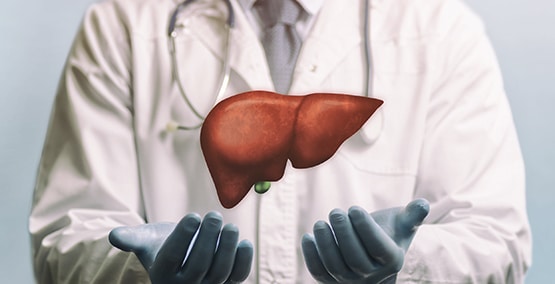
Tests for pancreatitis
When the pancreas is damaged, enzymes that are made by the pancreas spill into the blood. Levels usually rise within 3 hours after the pancreas starts to show damage.
There are two blood tests that can determine the presence of lipase (the enzyme that digests fat) and amylase (the enzyme that digests starch). Lipase is a more accurate measurement as amylase can be increased with stomach irritation. To diagnose pancreatitis, these numbers are usually three times higher than the normal range.
These tests are monitored to see if the pancreatitis is improving or worsening. If they are rising, usually ultrasounds or x-rays will be needed as well.
Other blood tests useful to assess pancreatitis:
- Blood glucose can increase when the insulin-producing cells are also damaged.
- High calcium levels can be one of the causes of pancreatitis. Low calcium may be present in severe pancreatitis.
- Low albumin (protein) can occur if exocrine pancreatic insufficiency is present along with chronic pancreatitis. The low levels often show up with swelling of the ankles or swelling of the abdomen.
- High triglyceride levels can cause chronic pancreatitis. But high cholesterol levels do not.
- White blood cells and C-reactive protein (CRP) can be increased with pancreatitis. These can also be elevated with an infection or inflammation elsewhere in the body.

These abnormal blood tests usually indicate the need for x-rays or ultrasounds to evaluate the pancreas.




